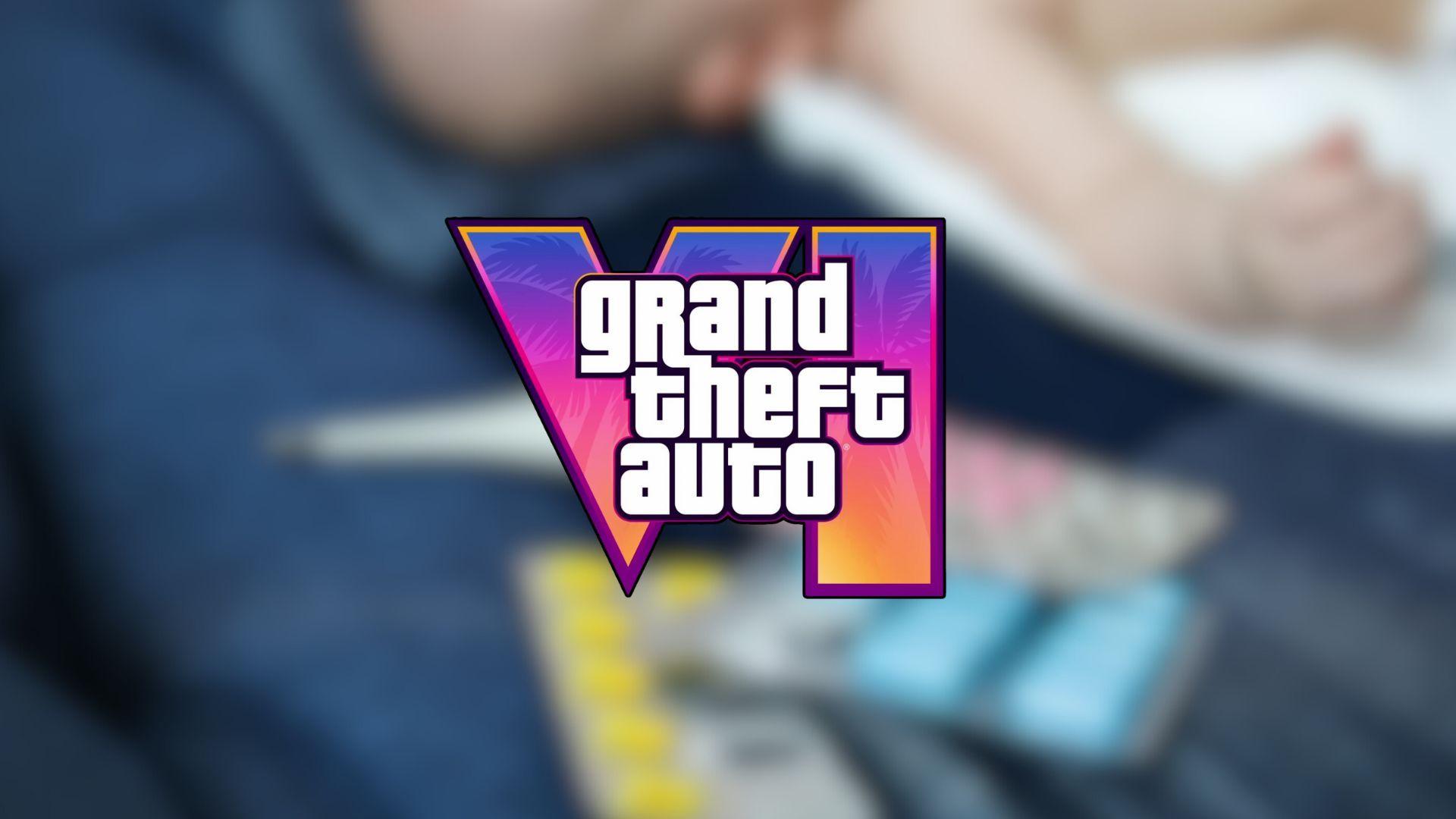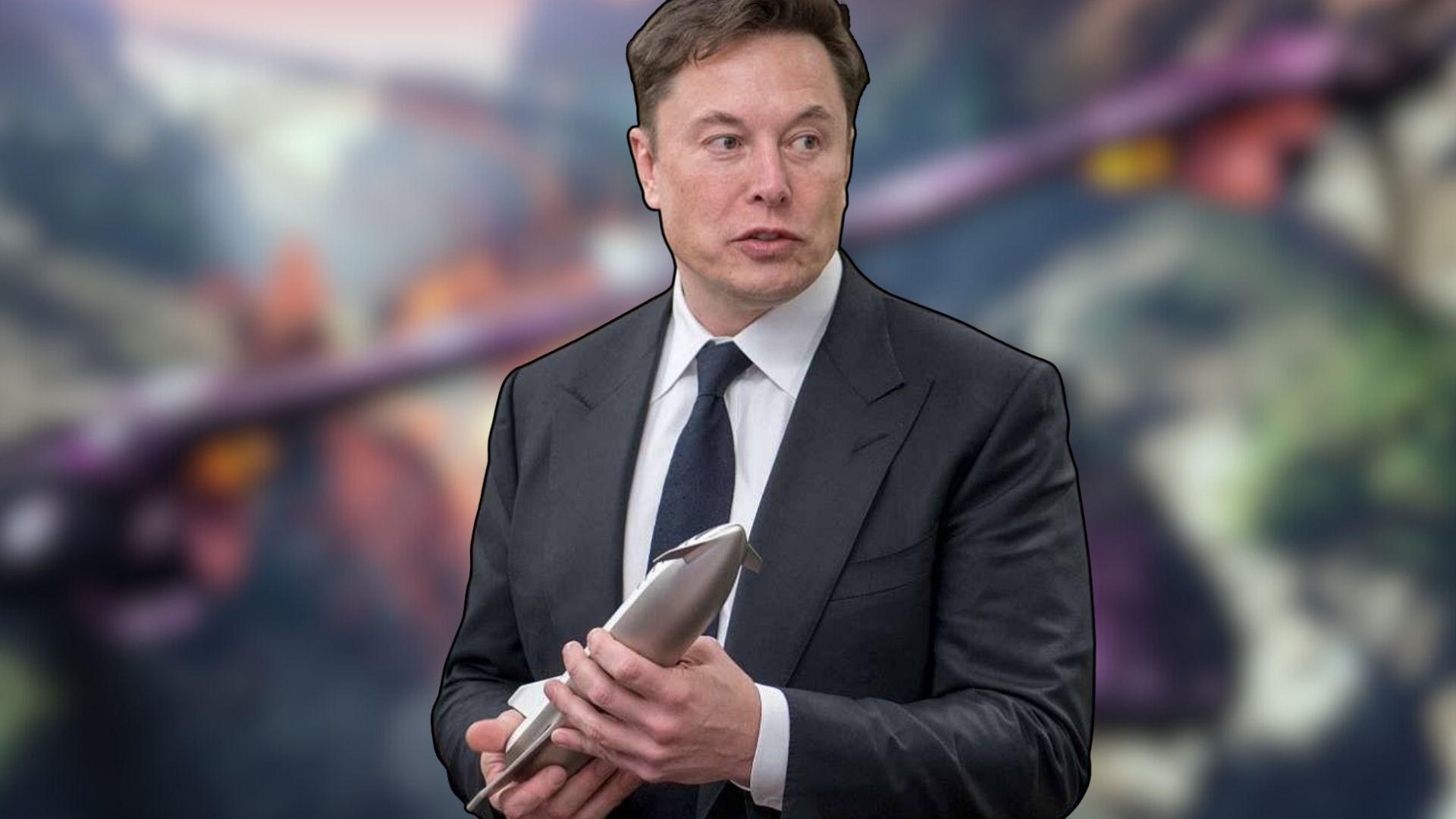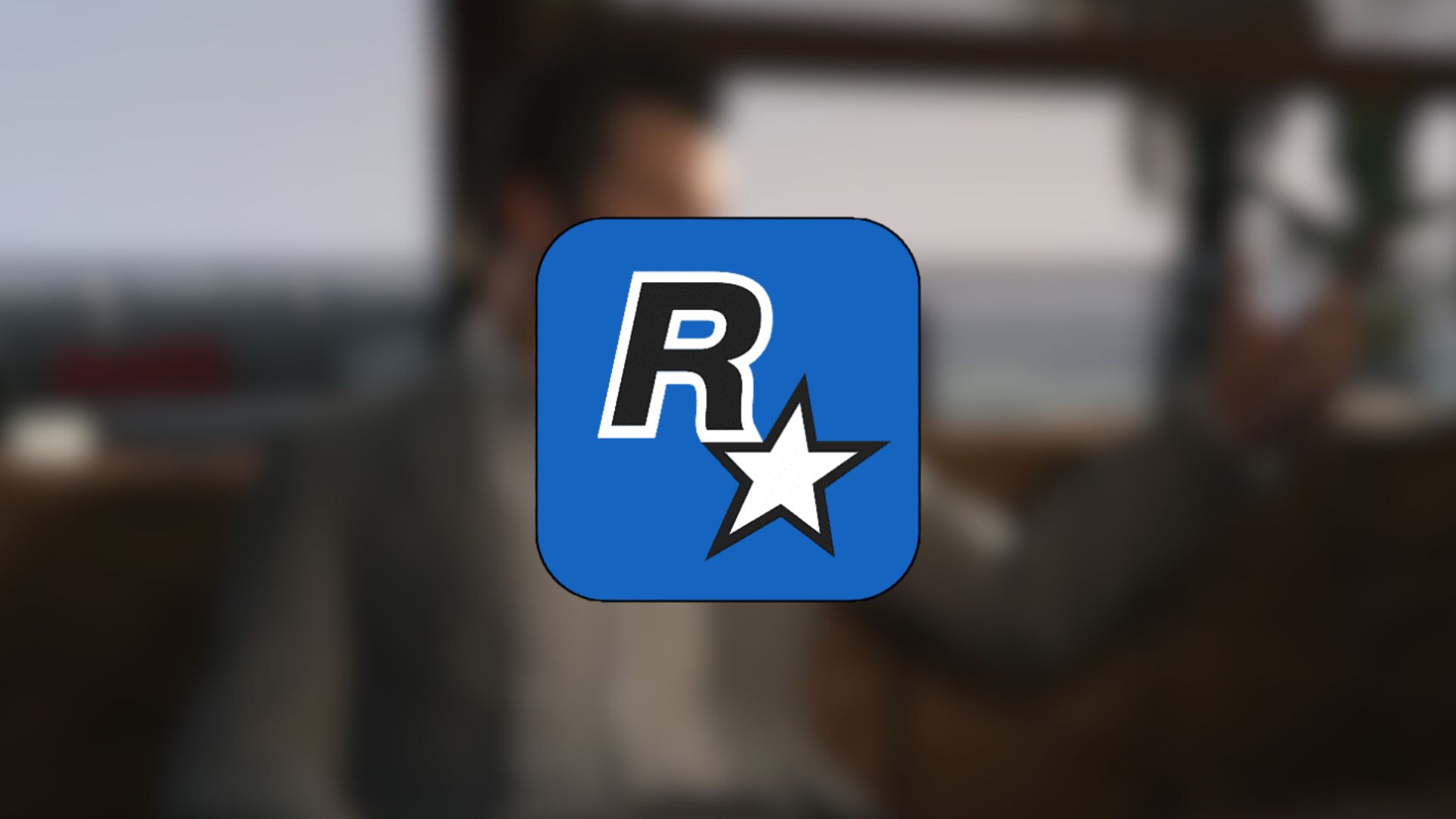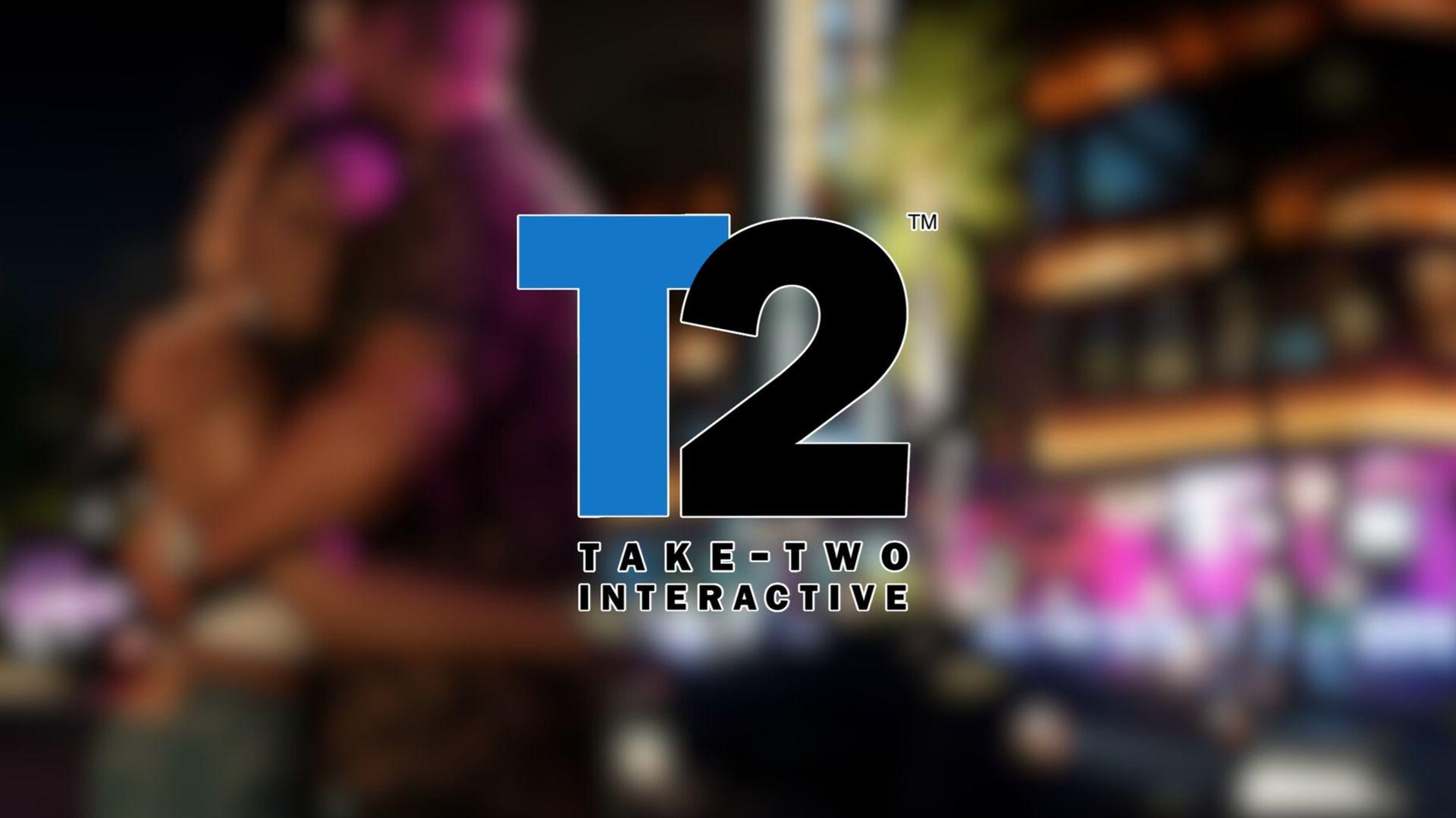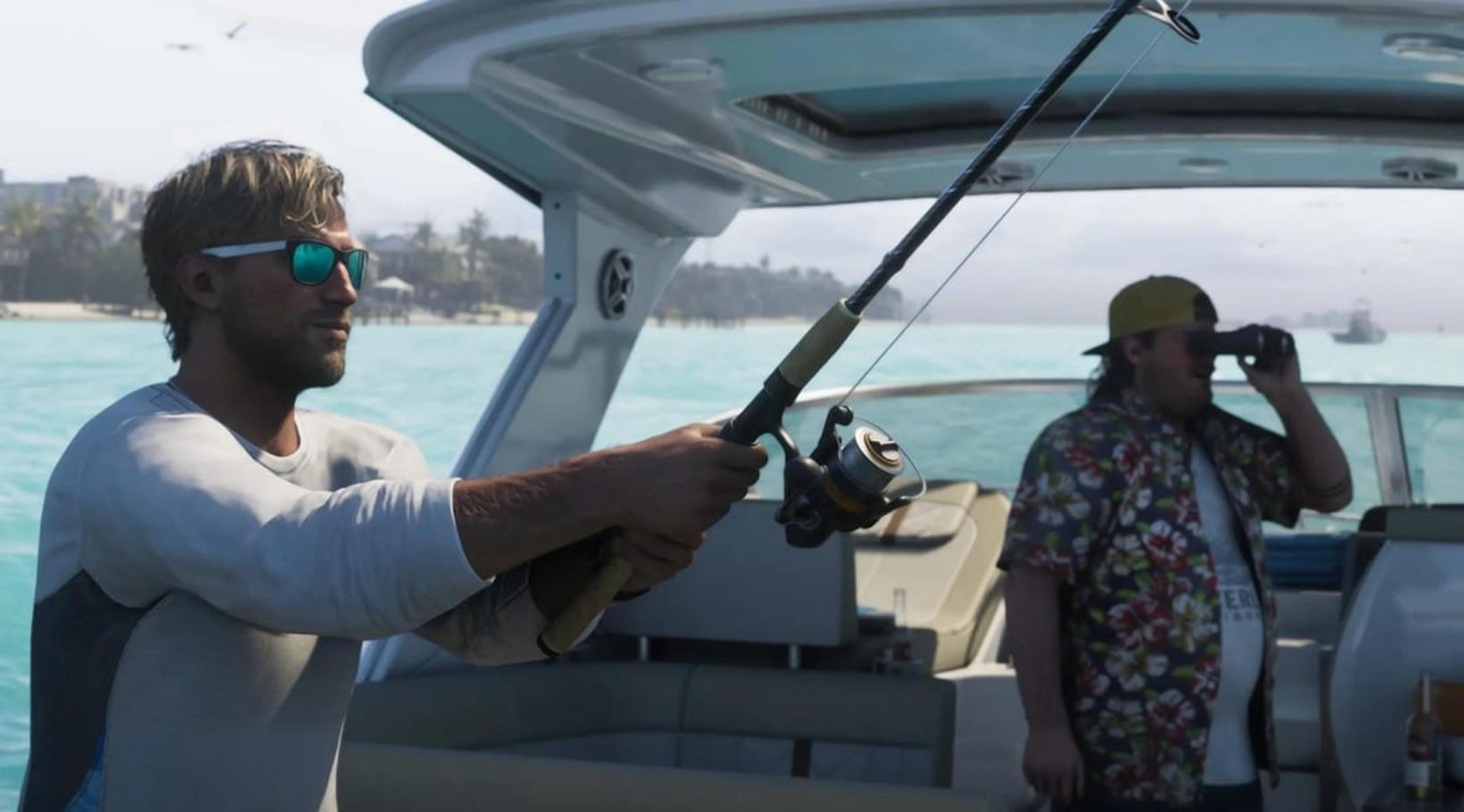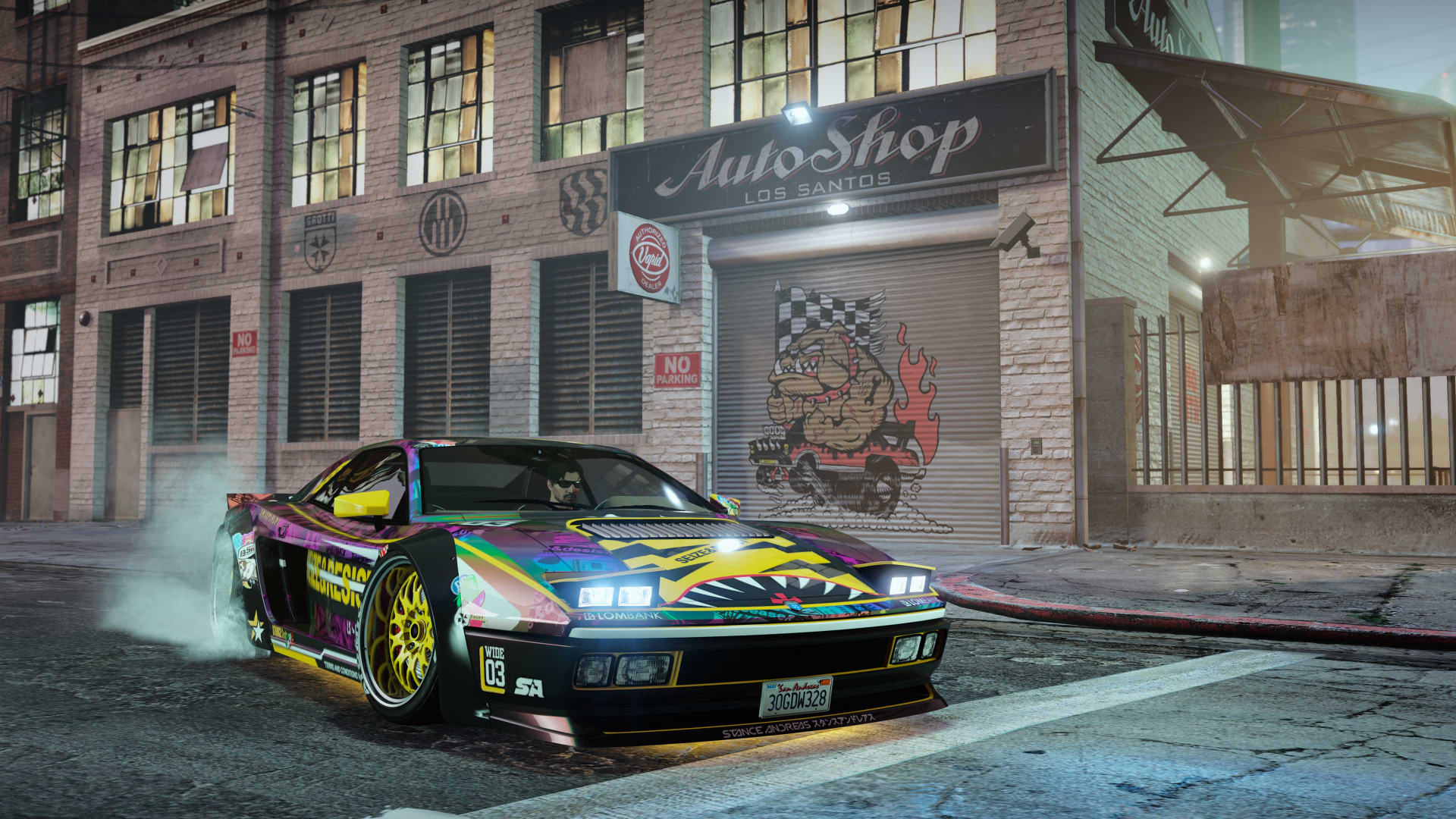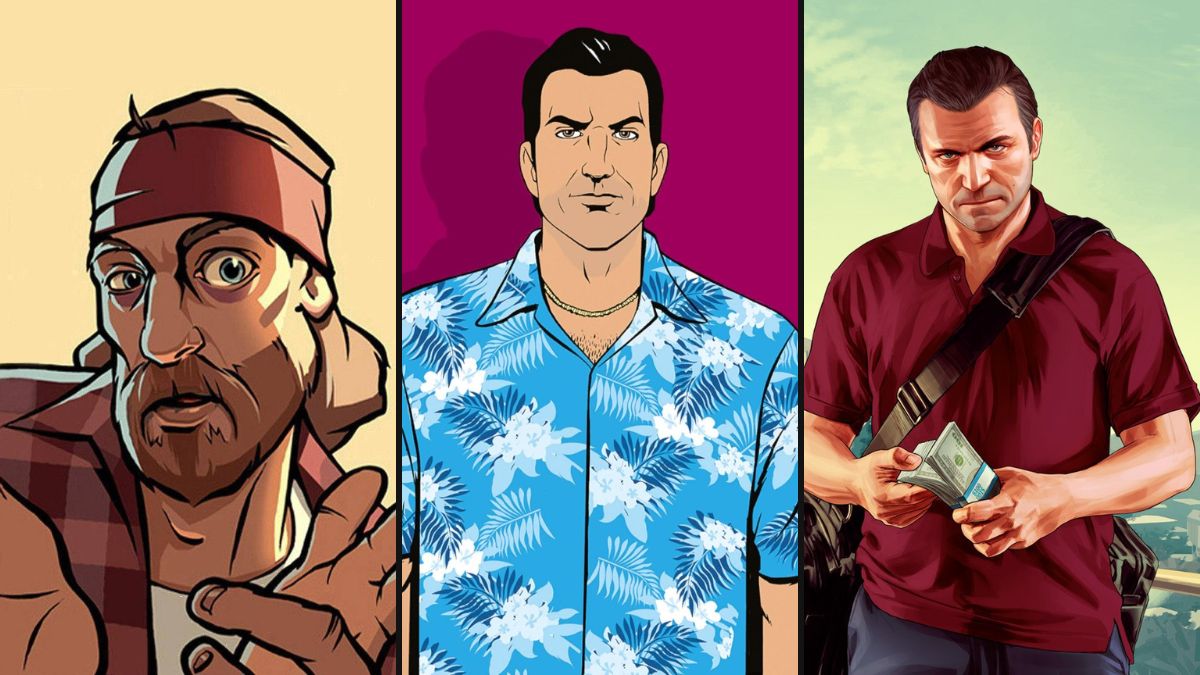Strauss Zelnick isn't buying the hype around AI revolutionizing game development. The Take-Two chairman and CEO laid out his skepticism at the Paley International Council Summit this week, arguing that while AI might help studios work faster, it fundamentally can't create anything truly original.
His reasoning isn't flawed, as it cuts straight to what he sees as AI's core limitation. Large language models work by crunching massive datasets, and datasets are inherently backward-looking since they're built from things that already exist.
Creativity, on the other hand, requires looking forward and imagining something new. When AI appears to do something novel, Zelnick argues it's really just running a predictive model based on patterns it's already seen.
He described modern AI as "the combination of metadata with a parlor trick," suggesting that what seems extraordinary now will eventually feel as mundane as using Google. The technology will create efficiencies in game development, sure, but don't expect it to generate the next Grand Theft Auto title. Zelnick has been consistent on this point, previously saying that people won't be able to just tell an AI to make something better than GTA and have it work.
On the employment question, Zelnick predicted AI will actually increase jobs rather than eliminate them. He pointed to how agriculture went from employing 65% of the US workforce in 1865 to just 2% today while producing far more food, yet nobody's complaining about the lack of farming jobs. He's made this comparison before and clearly finds it convincing.
Zelnick has long maintained that genius remains exclusively human territory. He's previously called AI an oxymoron, arguing that machines can't actually learn. He compared AI to hand calculators, which parents once feared would mean kids wouldn't need to learn math. Turns out you still need to understand math; you just have a tool that makes certain parts easier.
His view stands out in an industry where many executives see AI as a potential goldmine. Zelnick isn't dismissing the technology entirely. After all, he thinks it's useful and will benefit every industry. However, he's clearly more focused on its limitations than its revolutionary potential. It's safe to say that as long as Zelnick is still in charge of Take-Two, AI might streamline workflows, but the creative heavy lifting will still require actual humans doing actual creative work.

